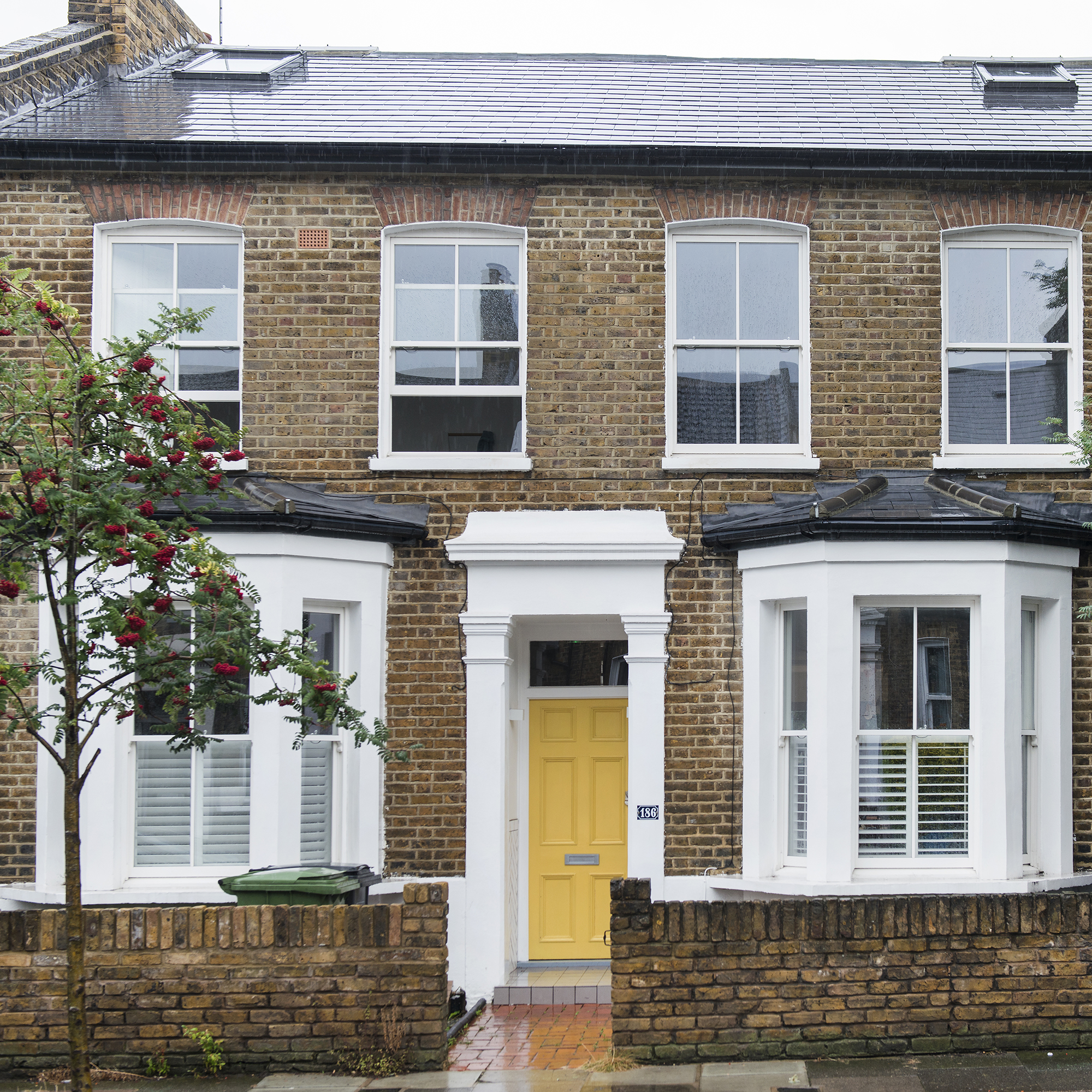What is an easement? Read our homebuyer’s guide
When buying a property, you may hear the term easement, but what does it mean and how could it impact you?
If you are buying a house that has an easement, or benefits from one, it’s important you understand what it means.
It's basically all about access. With some properties, you need to use your neighbour’s land to gain access to your home. With others, you may have a neighbour who needs to use your land. Access arrangements may have been made informally, but there will often be a formal agreement, granting this right in law. This is what is known as an easement.
What is an easement?

Rob Stevens, head of property risk at Nationwide Building Society, explains: 'In its most basic form, I would describe an easement as the right of somebody to use somebody else’s land.' This isn’t about giving the neighbours the right to barbecue in your garden, or vice versa. It provides an individual or organisation with the access that they might need. This is what will be shown in the ‘stated purpose’ of the easement.
'The most obvious example might be if you’ve got a property that's landlocked. You might have an easement over somebody else’s land to make sure you can get to the main road,' says Stevens.
Alternatively, an easement could be in place for maintenance purposes. For example, granting access to a shared septic tank, giving utility companies the access they need, or permitting drainage pipes or cables to run through your land. These are all examples of private easements.
There are also public ‘right to roam’ easements that allow members of the public to cross your land.
Easements are usually set up as permanent arrangements. They can be removed in some cases, but you can’t just remove one because you don’t want anyone else accessing your land. Both parties need to agree to any changes.
Sign up to our newsletter for style inspiration, real homes, project and garden advice and shopping know-how
How do I know if a property has an easement?
Your legal adviser should identify whether a home you’re buying is affected by an easement during the conveyancing process. It's easy to investigate yourself too, since easements affecting a property will be shown on the title deeds. You can download title deeds from the Land Registry for £3.
'If there’s anything you are not sure about, ask your conveyancer to look at it straightaway,' suggests Stevens. You could even ask the estate agent to show you the deeds before you look at a property, he adds. 'If I were buying a rural property, I would check the deeds before even viewing it.'
Will an easement cause difficulties in the property purchase?
While it’s important to understand what you are buying, Stevens doesn’t necessarily think an easement is a reason for huge concern. Nor should it affect you when applying for a mortgage on the property. 'We would say that as long as the solicitor has taken all reasonable steps to check the property, we wouldn’t have any problems.'
There are more likely to be difficulties if there are access agreements on land where no easement is in place. 'If it's documented within the title then you know where you stand,' he adds.

Anthony Earl, a member of the Law Society Council and director at Earl and Crocker Solicitors, agrees. But he also warns there can sometimes be disagreements between neighbours around the maintenance of shared land.
'When someone has a right of way over your drive to get into their property, there is normally an obligation for each party to contribute towards the maintenance of the footpath or driveway,' Earl says. 'In those circumstances sometimes there are difficulties when repairs and maintenance are required and the parties cannot agree who should pay.'
For this reason, it’s important for your solicitor to check the terms of the easement. This will ensure it clearly sets out each party’s obligations.
Will an easement affect the value of my home?
The bottom line is that forewarned is forearmed. Once you understand the easement, you can make an informed decision about whether it will influence your purchase of a property, and its value when you sell.
'Most easements are not a major problem in selling properties because the deeds have been prepared in such a way so that any easements do not adversely affect the property concerned,' says Earl. 'However, there can be circumstances, in particular with old, terraced cottages, when rights of way may be granted for neighbours to have access across the back gardens of adjoining properties. In those circumstances, some purchasers will be reluctant to buy a property if neighbours have a right of way over their property. In particular if the right of way is close to their house.”